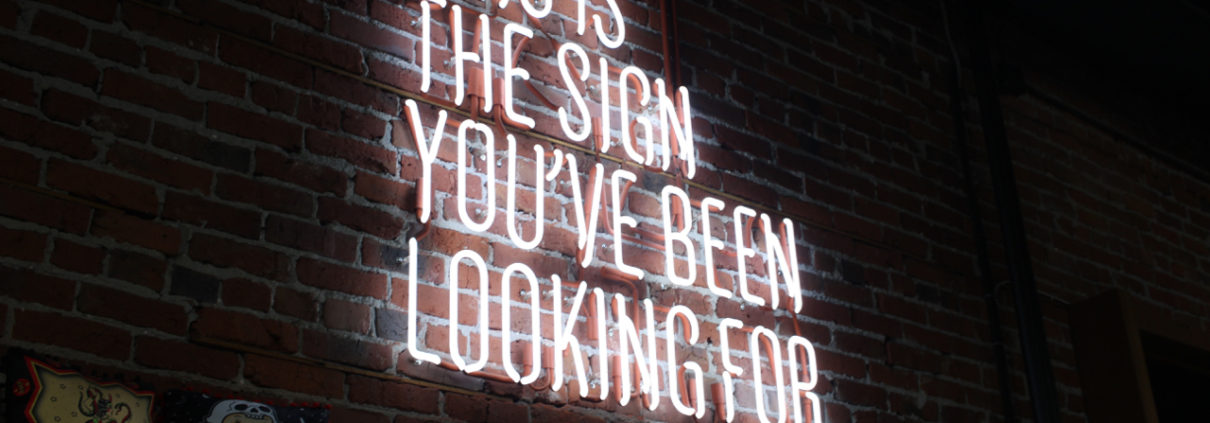When Cultures Start to Drift from Values
Diane Vaughan is a social scientist who coined the term “normalization of deviance” to describe the way organizational cultures can begin to drift morally and then rationalize that drift over such a slow time horizon that they aren’t even aware of it themselves.
As she wrote about in her book The Challenger Launch Decision, Vaughan studied the infamous 1986 Challenger space shuttle explosion and discovered that faulty O‑rings, linked to the disaster, were identified as fallible long before the disaster occurred. Engineers knew they could fail, it had simply become “normal.”
“The culture of any organization is shaped by the worst behavior the leader is willing to tolerate.”
– Steve Gruenter and Todd Whitaker
NASA, from the beginning of the space shuttle program, assumed that risk could not be eliminated, according to Vaughan, because the ability of the shuttle to perform in a real launch could only be mathematically predicted and tested in simulations. For that reason, the engineers expected anomalies on every mission, and disregarding danger signals, rather than trying to correct any problems, became the norm.
“Social normalization of deviance means that people within the organization become so much accustomed to a deviation that they don’t consider it as deviant, despite the fact that they far exceed their own rules for elementary safety.”
– Diane Vaughan
For example, after space shuttle Discovery launched on January 24, 1985, and then returned safely to earth, engineers performed an autopsy on the vehicle, which included carefully examining the O‑rings. In disassembling the Discovery’s O‑rings, the engineers discovered an alarming amount of grease that was blackened from exceedingly high pressure and temperature.
The O‑rings in the Discovery launch held but were more damaged than they had been in previous launches. Engineers calculated that the O‑ring temperature at the time of Discovery liftoff was approximately 58 degrees Fahrenheit. “[Challenger] could exhibit the same behavior,” the engineers reported after the examination. “Condition is not desirable, but is acceptable.”
They also recommended proceeding with the next launch of Challenger. In fact, they not only recommended proceeding with the next launch, engineers painstakingly argued their position regarding the tolerable O‑ring damage in a formal report. At the eleventh hour, only a day before the fatal launch, engineers Bob Ebeling and Roger Boisjoly contradicted themselves and strenuously argued to NASA officials that the O‑rings could stiffen and fail to properly seal the joints of the booster rockets because of the cold January temperatures.
These arguments were not persuasive to NASA officials because, after all, they had the original detailed engineering report stating that the risk was acceptable. It’s important to understand that the engineers were not simply acting or pretending that the damage was acceptable. Up until the engineers made their final plea to officials to halt the launch of Challenger only the day before, they actually believed that there was nothing wrong at all with that classification. “No fundamental decision was made at NASA to do evil,” Vaughan wrote. “Rather, a series of seemingly harmless decisions were made that incrementally moved the space agency toward a catastrophic outcome.”
The O‑ring damage observed after each launch was normal. The culture had simply drifted to a state in which that condition was also considered acceptable. In the NASA example, the existence of the damaged O‑rings after each launch was deemed acceptable. It became an implicit, and accepted, rule that everyone simply tolerated and believed to be quite normal.
But if we step back for a moment and study the situation, as Vaughan did in her analysis, that acceptance of damaged O‑rings seems pretty crazy.
To avoid groupthink, encourage debate and populate your team with different personalities and areas of expertise. And recognize that speed can kill. When we are rushing to deadlines, and racing to complete projects, it’s much easier to overlook mistakes and rationalize errors in an effort to get it done.
As the great John Wooden once said, “If you don’t have time to do it right, when will you have time to do it over?”
Check out our new micro-learning series Small Acts of Leadership to begin making cultural shifts one small act at a time. Message me if you’re interested and we’ll send you a preview. Enjoy!
- ____________________________________________________

Twitter: @gshunter
Say hello: email@gshunter.com
Web: www.shawnhunter.com



